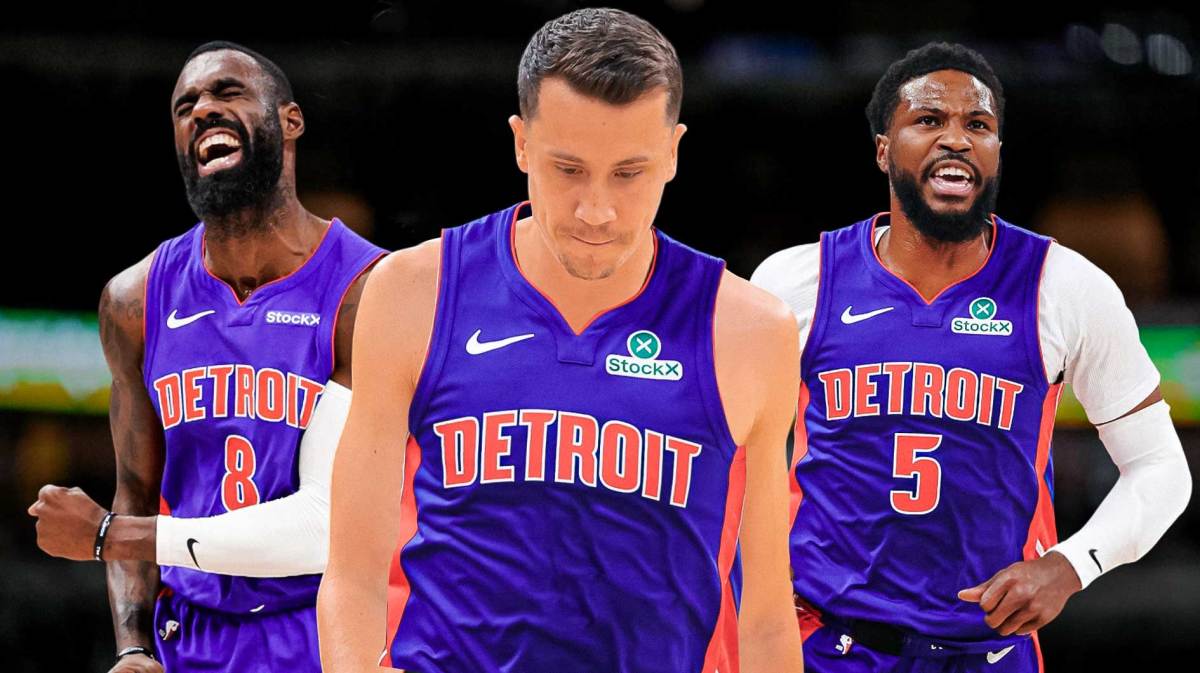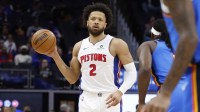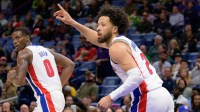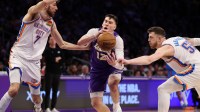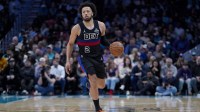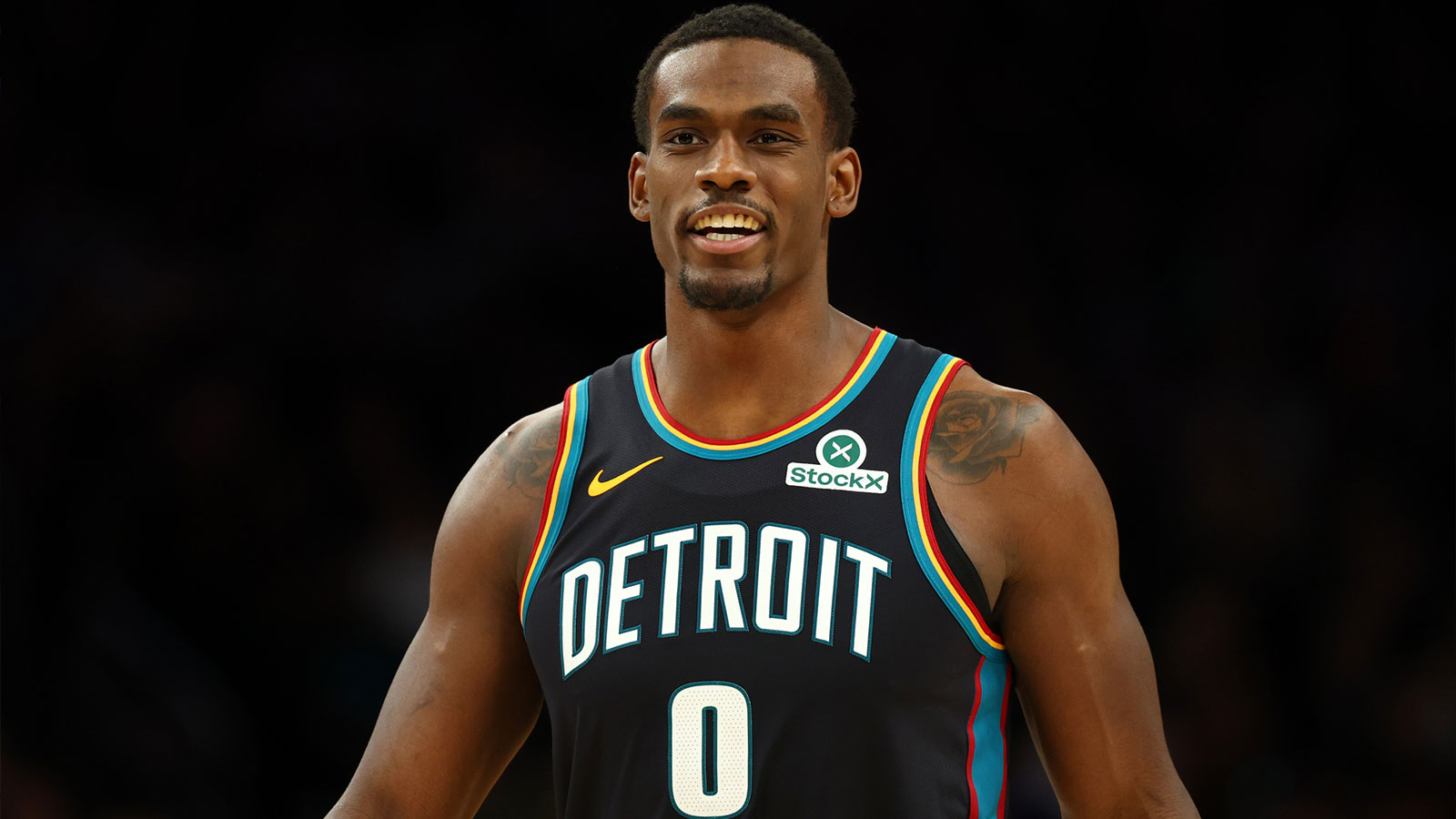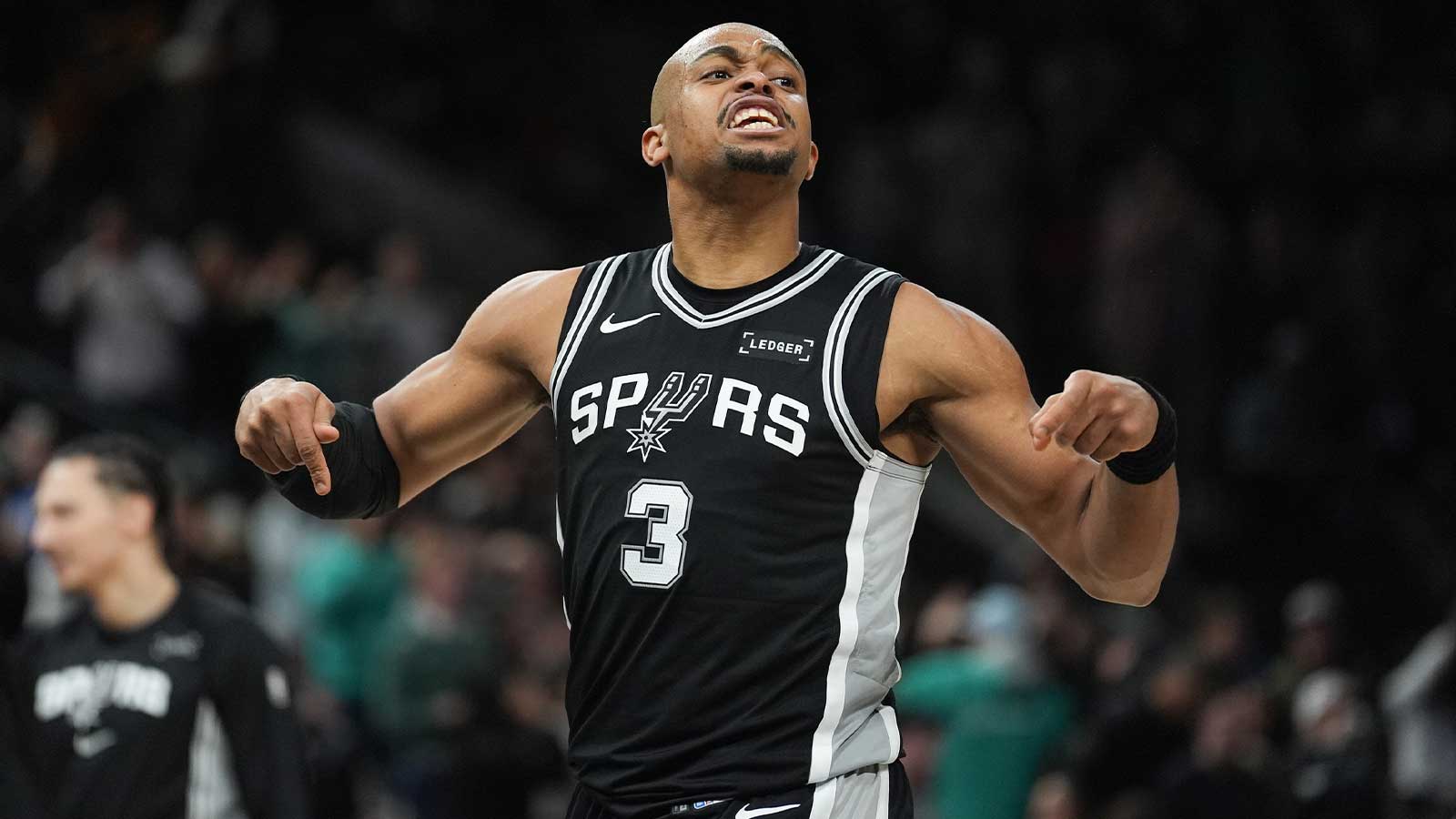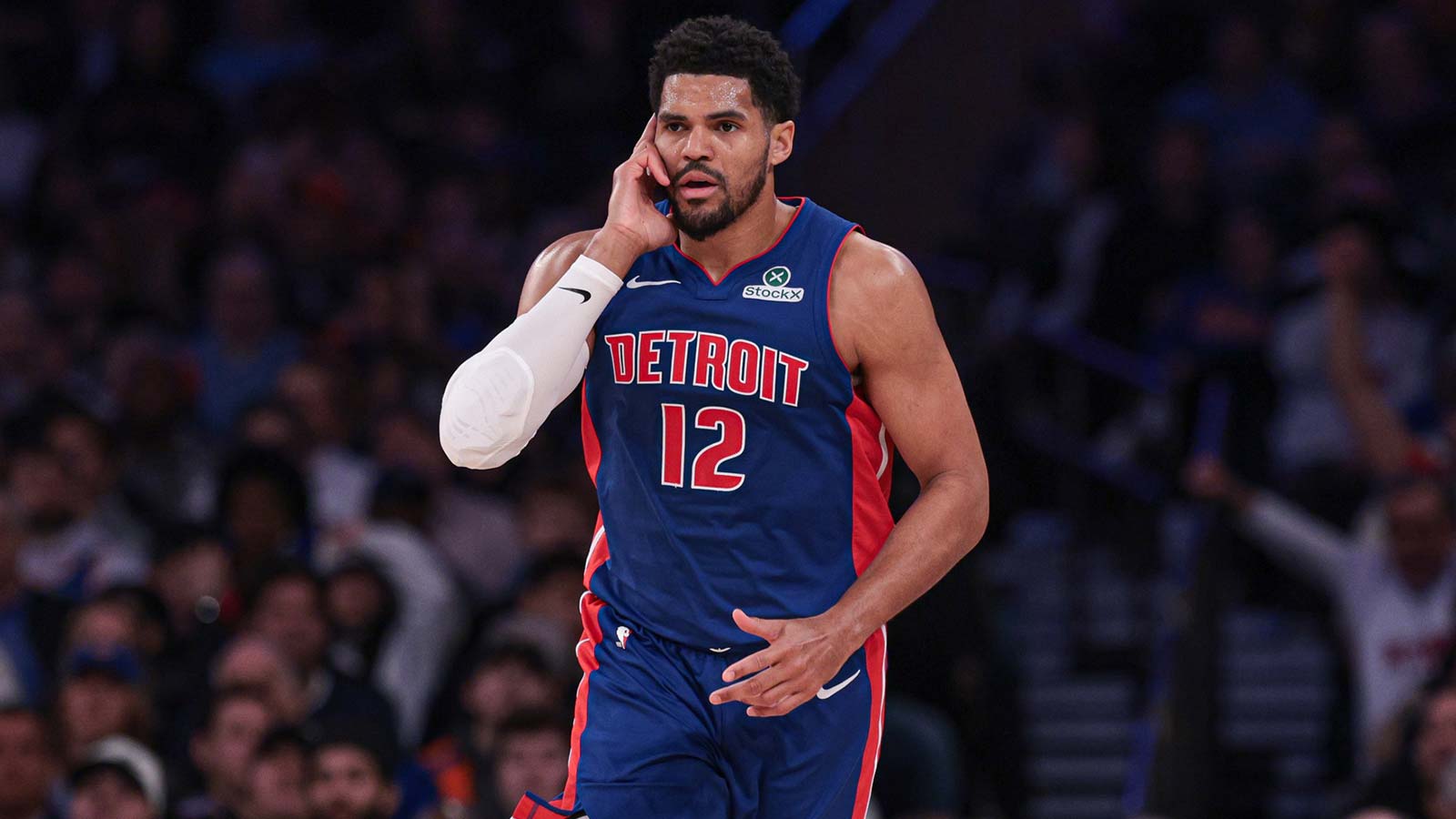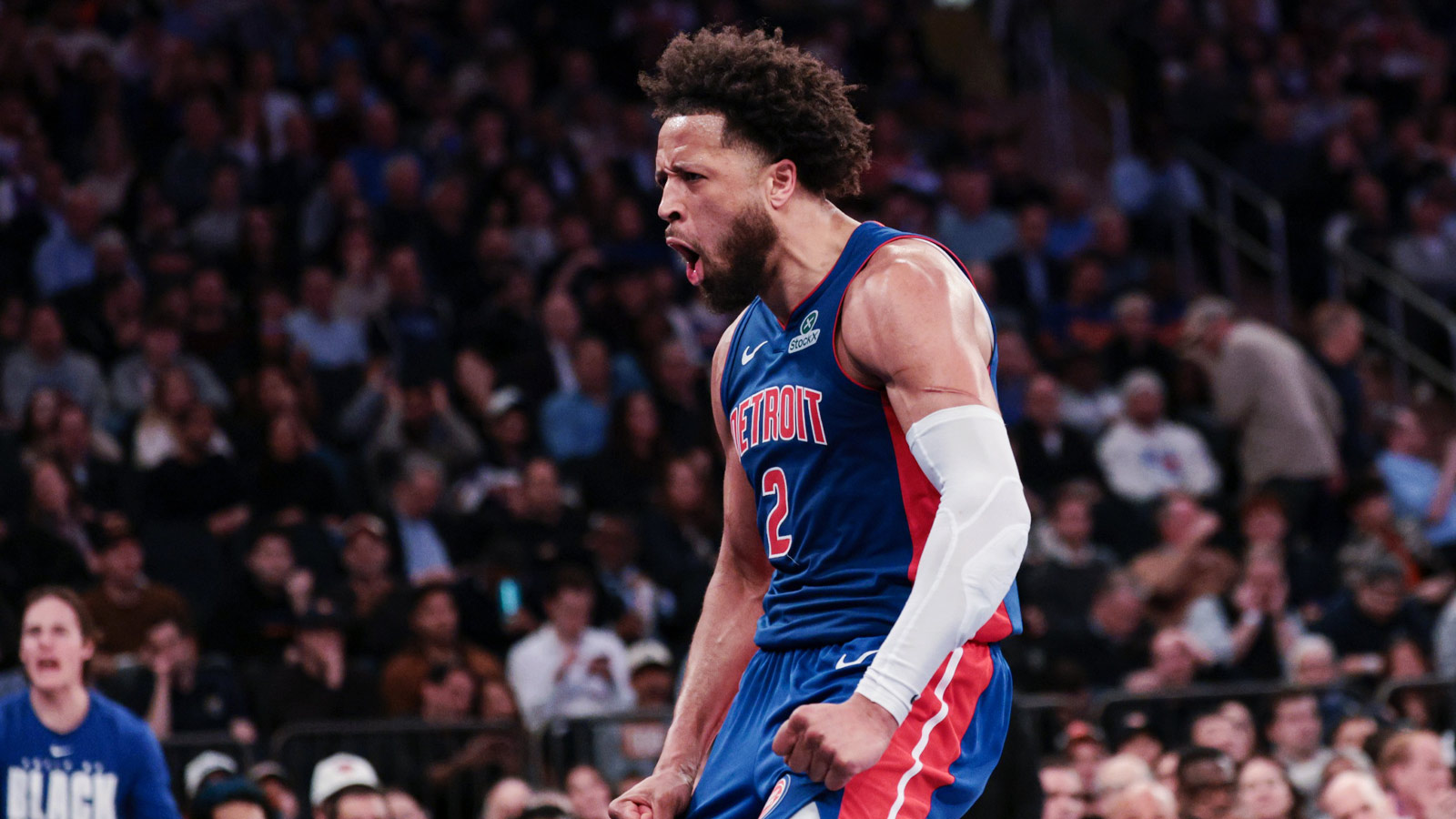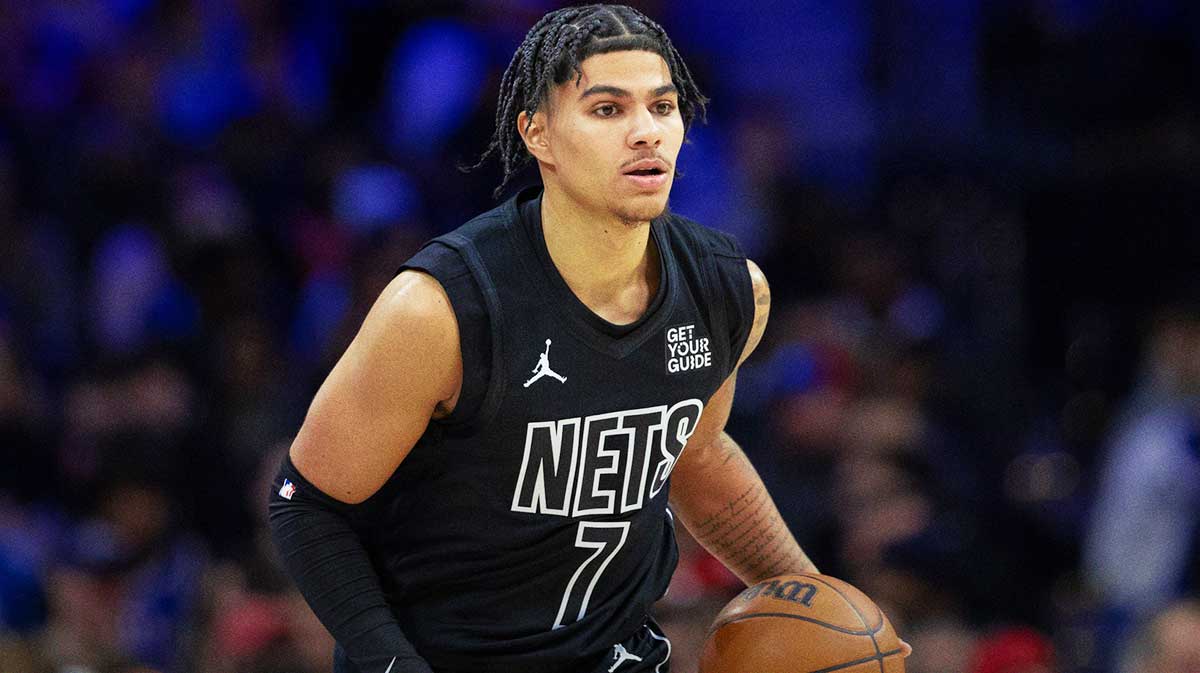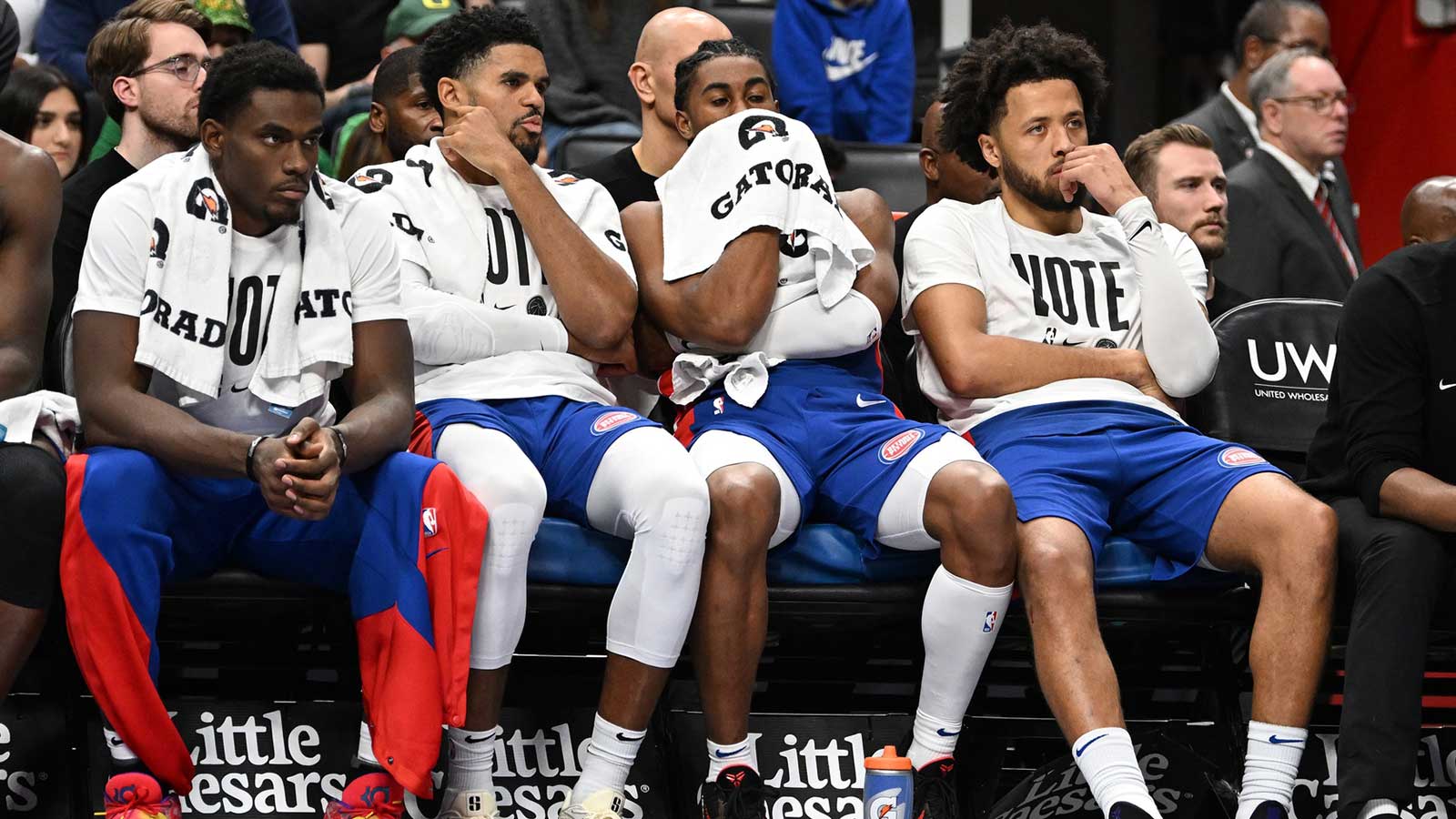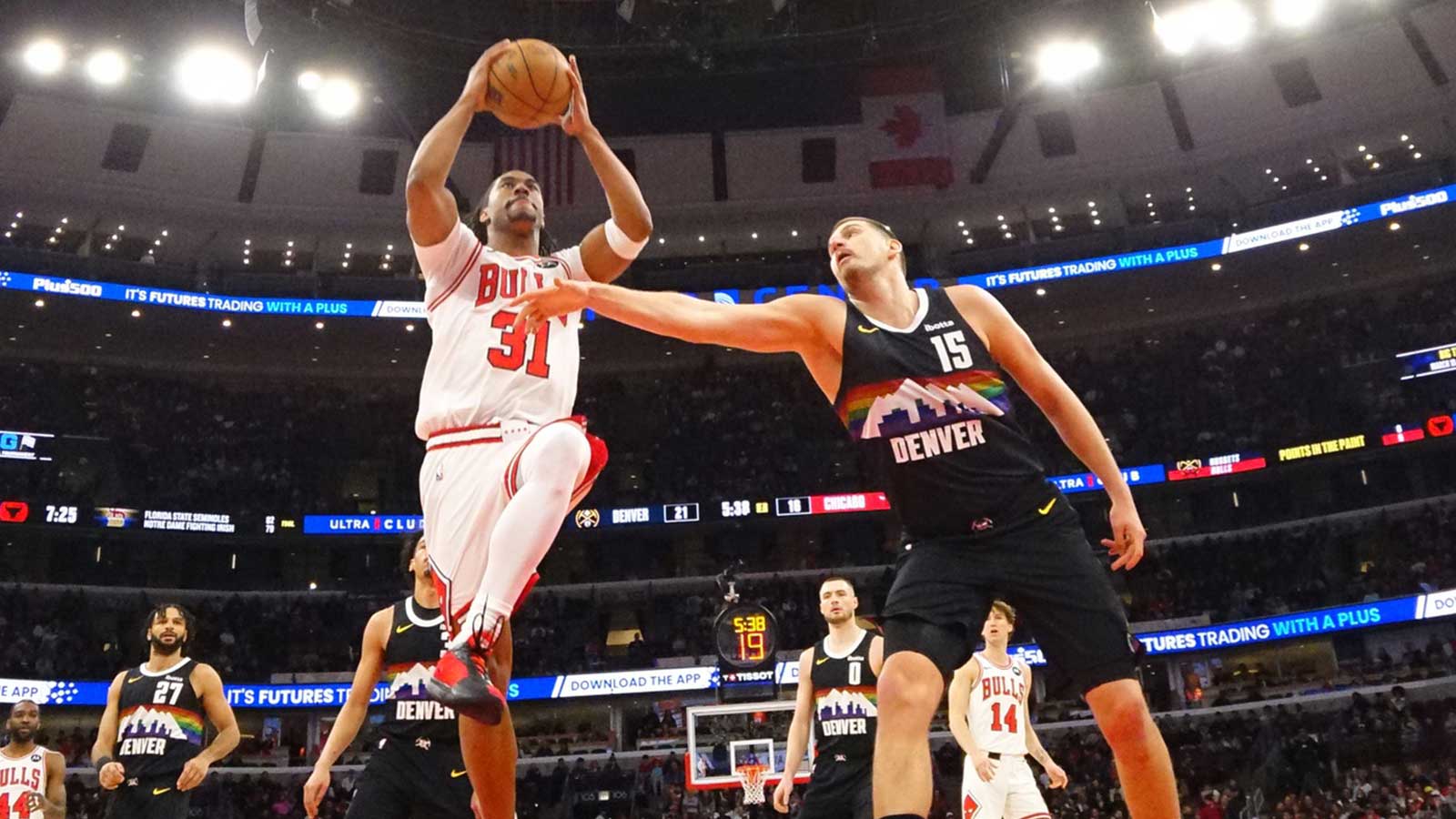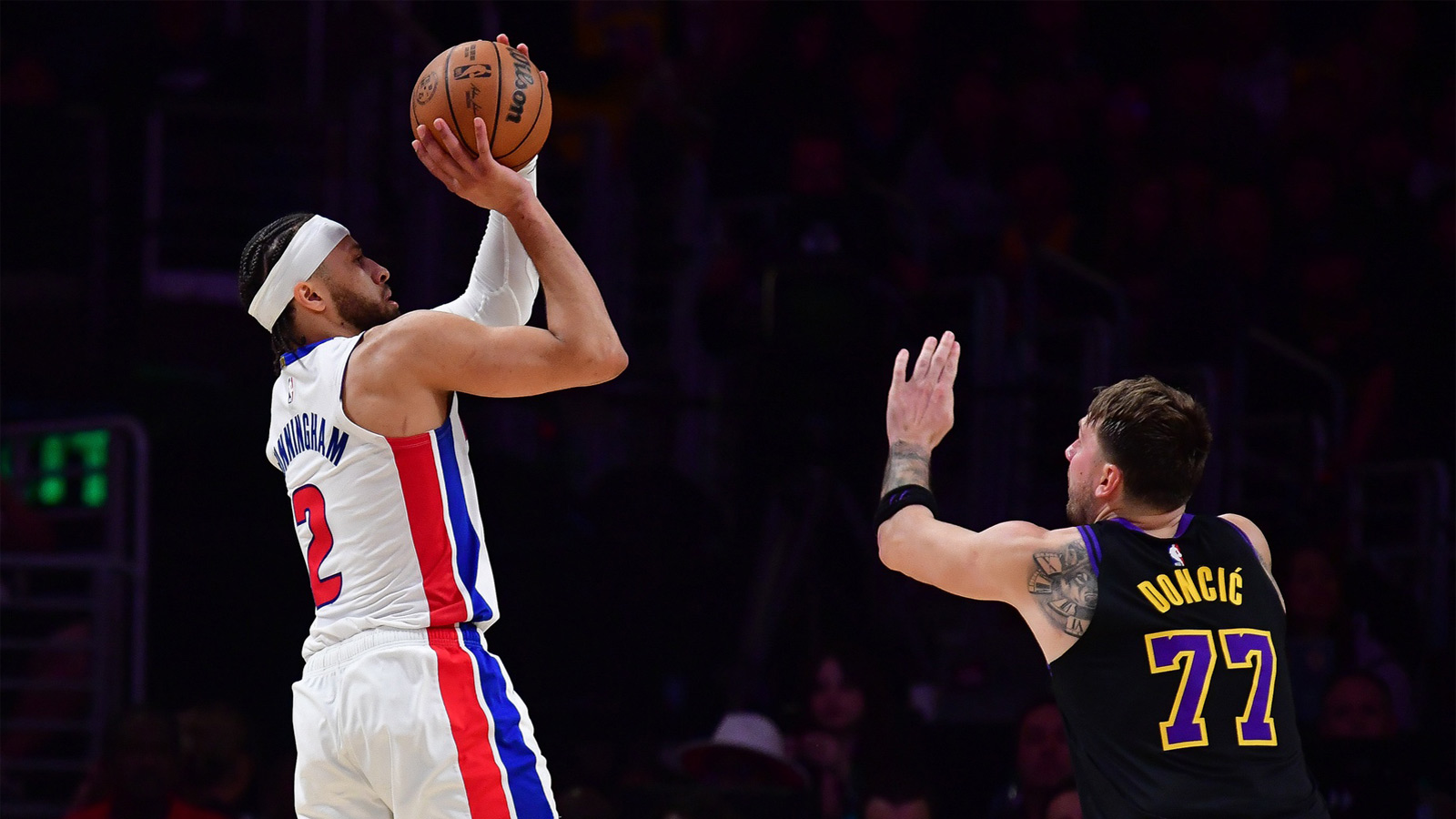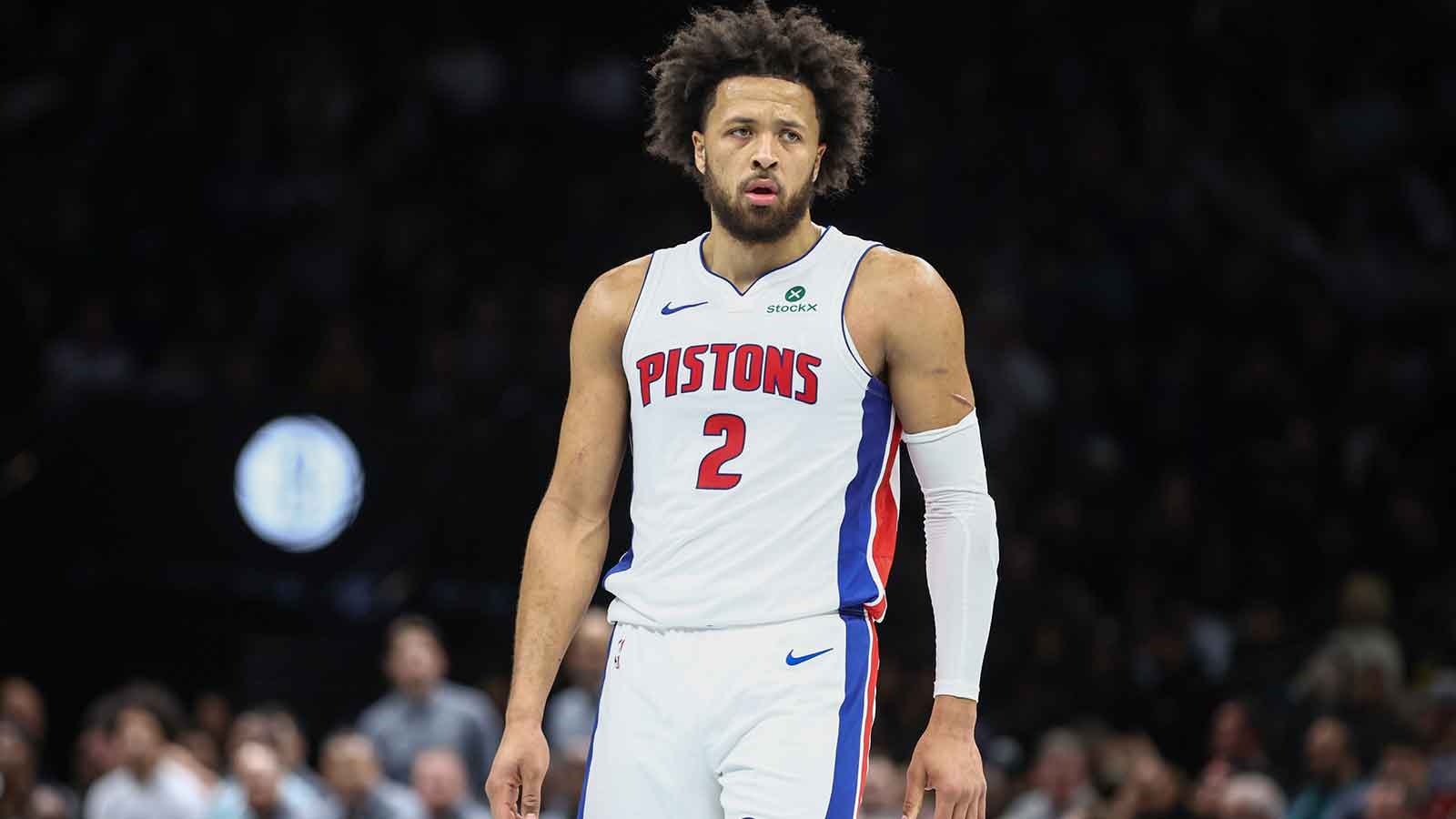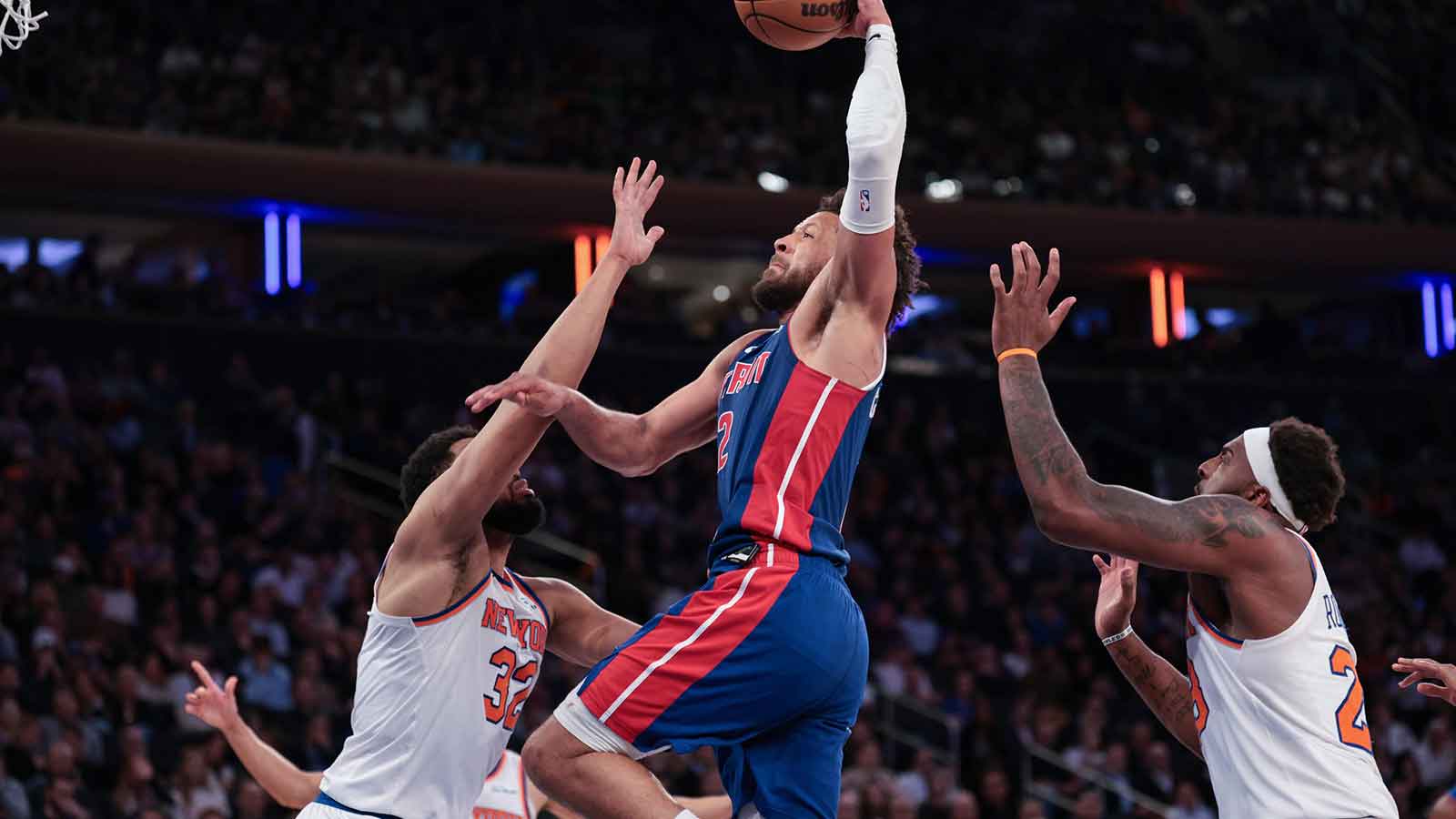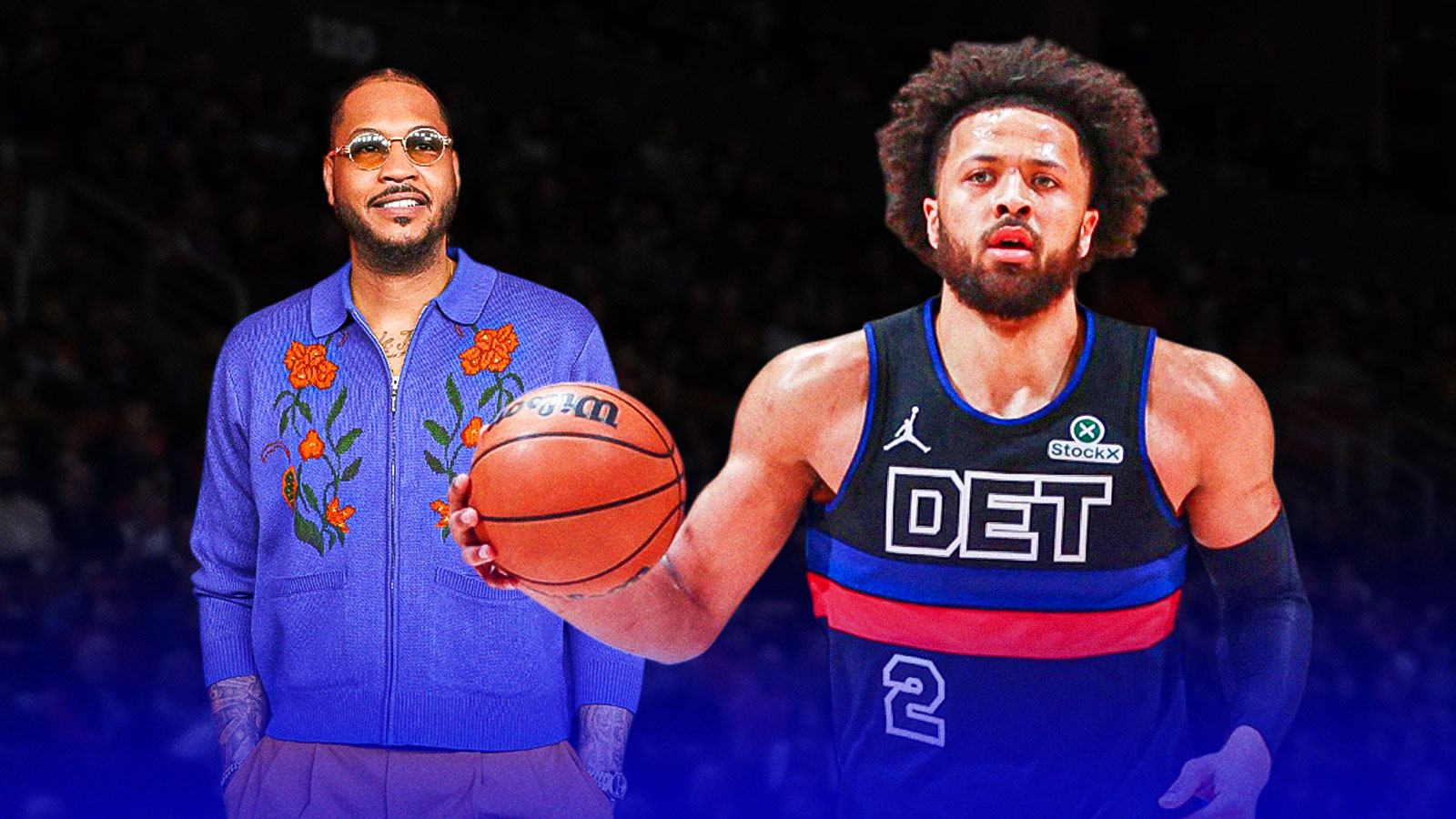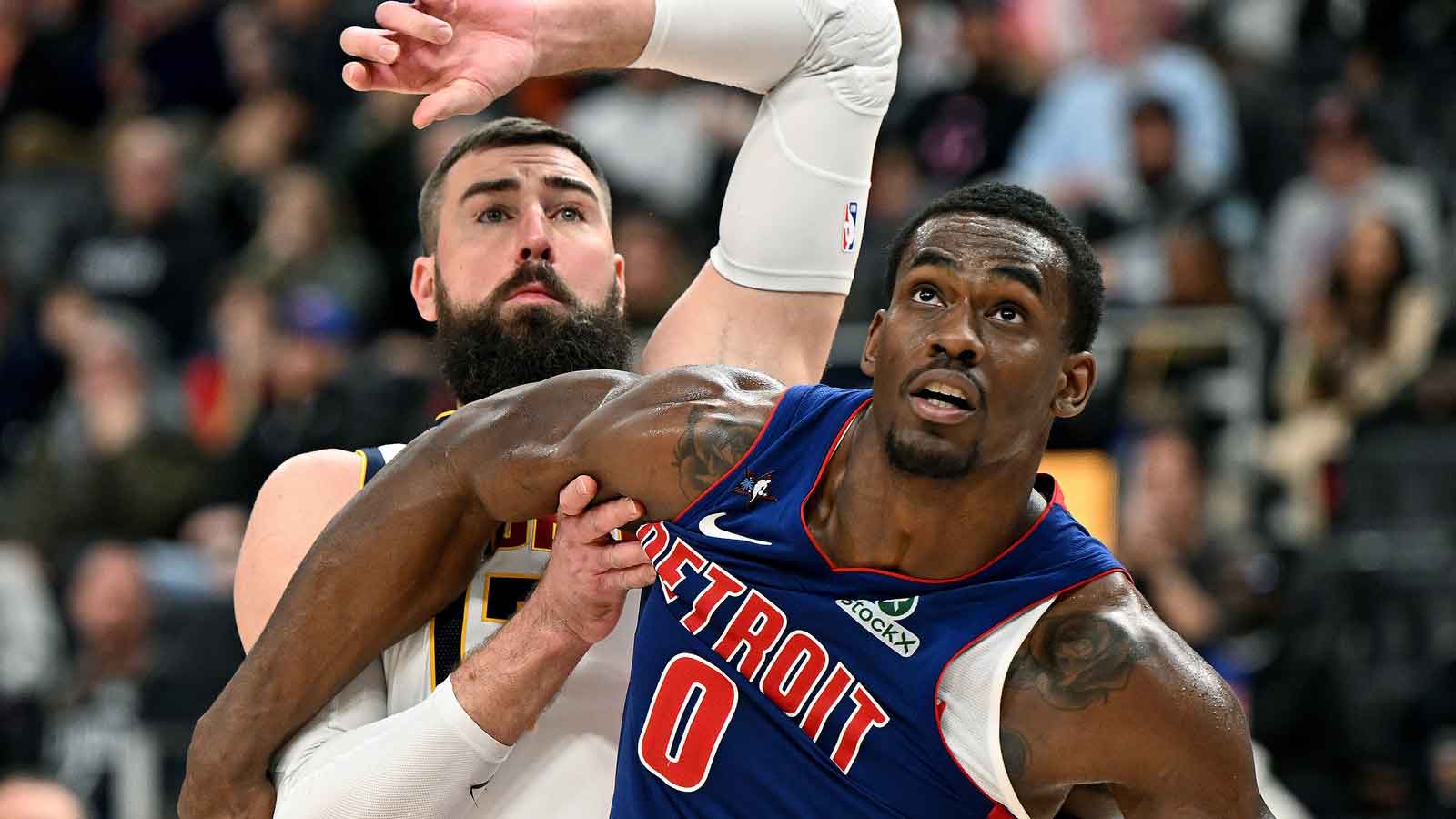The 2024-25 season was a major success for the Detroit Pistons. After a historically putrid 2023-24 campaign, the Pistons front office started anew, bringing in JB Bickerstaff to be the team's new head coach and then adding a slew of veterans to aid the team's rising young core led by Cade Cunningham. In the end, they won 44 games and pushed the New York Knicks to six hard-fought games in the first round of the 2025 NBA playoffs.
In the process, the Pistons seem to have established themselves as a playoff team for the years to come, stumbling upon a formula for success around their nascent superstar, who, at just 23 years of age, made the All-NBA Third Team this past season.
They need shooters and tough, rugged defenders around Cunningham, and with the departure of Tim Hardaway Jr. to the Denver Nuggets and the likely blacklisting of Malik Beasley from the NBA amid his financial problems, the Pistons needed to bring in a new designated marksman.
They did just that, acquiring Duncan Robinson in a sign-and-trade sending Simone Fontecchio to the Miami Heat, giving Robinson a three-year, $48 million contract.
Did the Pistons overpay to sign Robinson to replace the shooters that they lost? Or did they simply pay the going rate for a player of Robinson's caliber and skillset?
Here is the initial grade for the Pistons' $48 million agreement with Robinson.
The Pistons had to splash the cash for some shooting
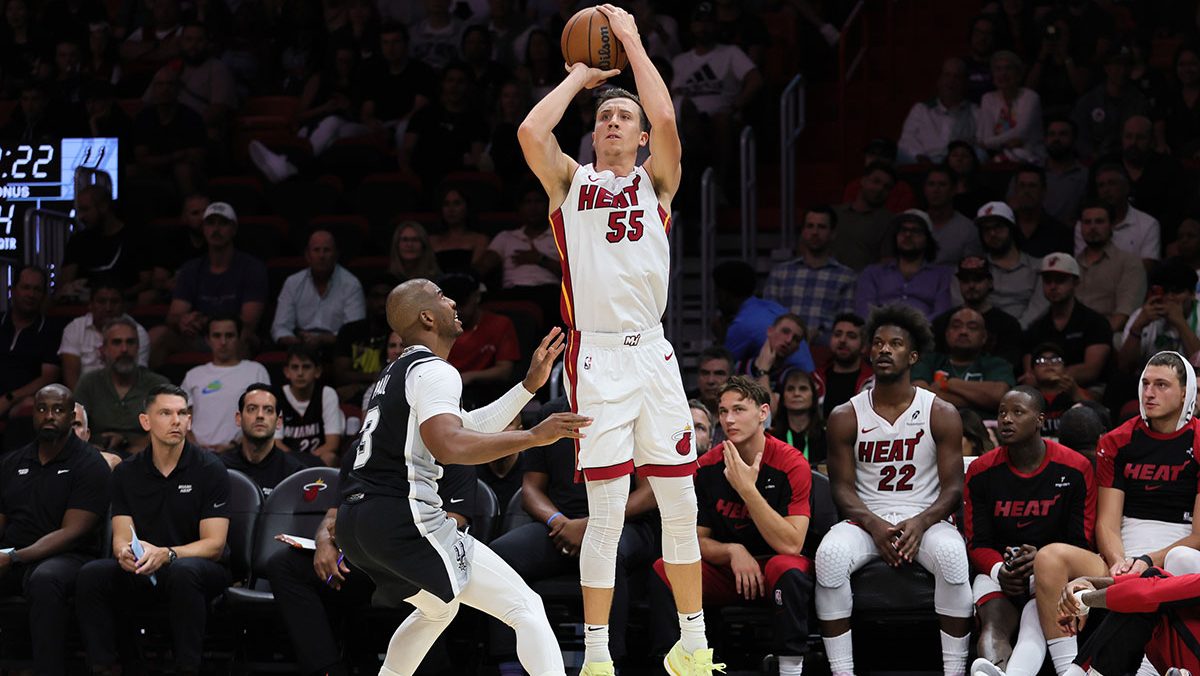
Shooters who thrive off of movement make bank in today's NBA, and Robinson simply capitalized on the Pistons' need for a shooter with his experience following the departure of Hardaway and the likely exit of Beasley.
This past season, Robinson averaged 11.0 points per game on 44/39/89 shooting splits, making 2.6 triples a night on high volume. He ranked 24th in the league this past campaign in total three-pointers made (197), and among bench players (players who started more than half of their games played on the bench), he ranked fifth.
Alas, Robinson would not have been the Pistons' first choice signing. That would have been Beasley. But we all know what's happening with the mercurial 28-year-old guard. He's been facing gambling integrity allegations, all while facing a mountain of debt that had a dentist garnish his Pistons contract this past season.
Beasley ended up fumbling the bag, as the Pistons were reportedly set to offer him a three-year, $42 million contract that no doubt could have reached the value of the deal that Robinson ended up signing had the 28-year-old stayed on the straight and narrow.
If anything, at the very least, Robinson has had no issues off the court in the past, unlike Beasley, who's faced a mountain of them since the start of the decade. The Pistons at least made the right decision to prioritize the signing of someone who is nearly guaranteed to stay out of trouble, which makes him a better bet (Beasley pun intended) to contribute for the Pistons for the duration of his contract.
Alas, Robinson is already 30 years of age, and has been very inconsistent in the past. He can run hot and cold, and when his shot isn't falling, he isn't much of an offensive threat, with his off the bounce game being very limited. He's also been targeted in the past in pick-and-rolls, but at 6'7″, he at least has the size to deal with opposing ballhandlers and be sort of a disruption.
Nevertheless, $16 million per year is the going rate for heavy-volume marksmen in today's NBA. That is around the same kind of money that the likes of Grayson Allen, Klay Thompson, Bogdan Bogdanovic and Max Strus are making, so it's not like this was an egregious overpay for the Pistons.
This was an area of need for the Pistons, and they paid the going rate for a player who's going to fill an important role for them this upcoming season. And while this signing is not a slam dunk of a win for the Pistons, but this was one they needed to make if they were to keep in step with their peers in what is shaping up to be a wide-open contending picture in the Eastern Conference.
Moreover, according to Omari Sankofa II of the Detroit Free Press, the second year on Robinson's contract is partially guaranteed (making the third non-guaranteed), so the Pistons can simply cut him loose if he ends up struggling in the Motor City. There is some risk involved in this deal, but the Pistons mitigated most of that with the way they structured the contract.
Grade: B

